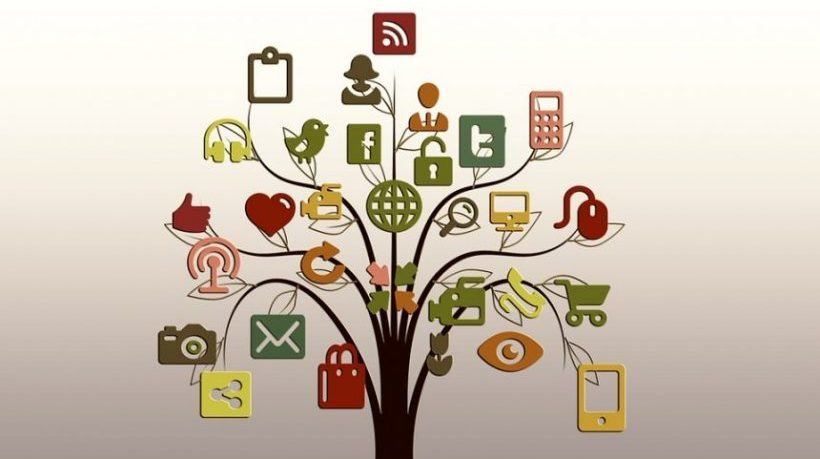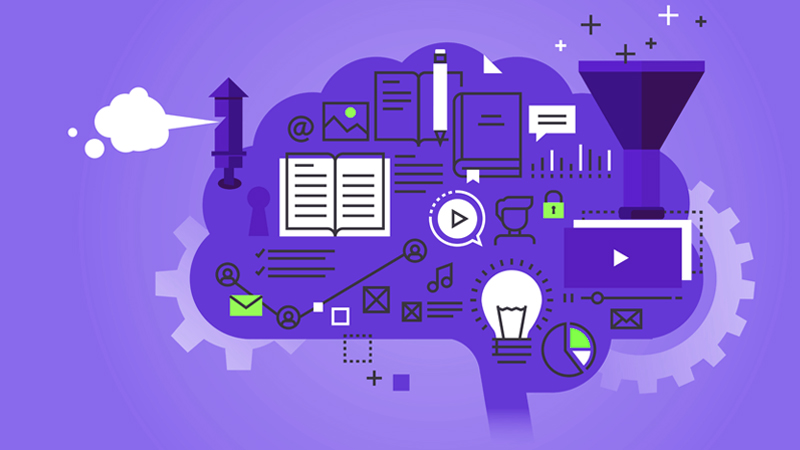Influence of technology on education and learning
Today's world is constantly changing, and with it comes a number of new technologies that are having a profound impact on education and learning. From mobile devices and social media to virtual reality and artificial intelligence, the influence of these technologies on our lives is far greater than that of any other technological innovation in recent history.
But what exactly do these technologies mean for the future of education? Are these new advancements good or bad for students? And will they change the way we learn in the future? These are just a few of the questions that will be discussed in this blog post. Let's get started!
Technology has had a significant influence on education and learning in recent years, with the proliferation of online learning platforms, educational apps, and other digital resources. While technology has the potential to greatly enhance the education experience, it also raises a number of questions and concerns.
Positive influence=
One of the main driving forces behind the adoption of new technological trends is the desire to make the leaming process more efficient. Thanks to the rise of the internet and smartphones, students are now able to take online courses and complete their homework whenever and wherever they are. In addition, video sharing sites like YouTube allow students to access a wide range of resources that they previously would not have had access to. Social media apps like Facebook have also become a popular way for students to interact with their peers online and share information quickly and easily.
There is no doubt that technology has changed the way we learn in recent years. For example, studies have shown that students who use online learning platforms are more likely to score higher on standardized tests than their counterparts who do not make use of such technologies.
Another way that technology has impacted education is through the development of online learning platforms, such as Coursera and edX. These platforms allow students to take courses and earn degrees entirely online, providing greater flexibility and accessibility for learners.
Online learning has the potential to democratize education and make it more accessible to people in remote or underserved areas, but it also raises concerns about the quality and effectiveness of online education compared to traditional in-person learning.
Another way that technology has impacted education is through the use of data analytics and personalized learning algorithms. These tools can help educators tailor instruction to the specific needs and abilities of individual students, but they also raise concerns about the potential for biased algorithms and the misuse of student data.
Negative influence=
However, there have also been some negative side-effects of this growing trend.
Dependence on technology: Technology can create a reliance on screens and devices as a primary source of information and entertainment, leading to a decreased focus on traditional teaching methods and a decrease in critical thinking skills.
Digital divide: Not all students have equal access to technology or the skills needed to effectively use it, leading to a digital divide that can disadvantage some students and contribute to educational inequities.
Misuse of student data: The use of data analytics and personalized learning algorithms in education can raise concerns about the potential for misuse of student data, such as the sharing of personal information without consent or the use of biased algorithms that perpetuate existing inequalities.
Decreased social interaction: The use of technology in education can lead to a decreased emphasis on face-to-face interactions and collaboration, which can be important for developing social skills and building relationships.
Distraction: Technology can be a major distraction for students, leading to decreased focus and productivity in the classroom.
Overall, the influence of technology on education and learning is a complex and multifaceted topic that raises a number of questions and concerns. While technology has the potential to greatly enhance the education experience, and it is important to carefully consider the implications of its use and to ensure that it is used in a responsible and ethical manner. it is important to carefully consider the negative influences that technology can have on education and learning and to take steps to mitigate these risks in order to ensure that technology is used in a way that is beneficial for students and educators.











